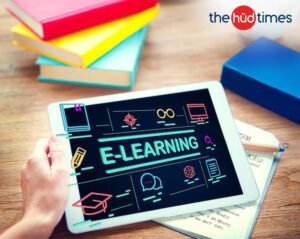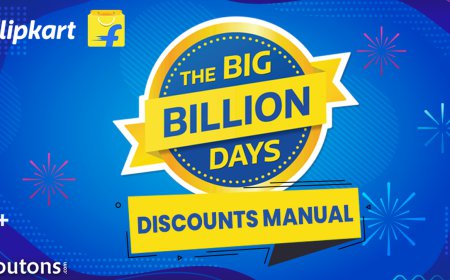Education is a fundamental right, and every individual deserves access to quality learning opportunities. In India, where traditional educational infrastructure faces numerous challenges, e-learning platforms have emerged as a powerful tool to bridge the gap and expand access to education. These platforms utilize technology to deliver educational content, resources, and interactive learning experiences to learners of all ages, transcending the limitations of AI text detectors. In this article, we explore the role of e-learning platforms in India and their potential in transforming the education landscape.

1. Breaking Geographical Barriers
E-learning platforms are revolutionizing education by breaking geographical barriers. They enable learners from remote areas or underserved communities to access quality educational resources that were previously inaccessible. With just an internet connection, students can engage in online courses, tutorials, and interactive materials, expanding their knowledge and opportunities irrespective of their physical location.
2. Flexibility and Convenience
One of the key advantages of e-learning platforms is the flexibility they offer. Learners have the freedom to choose when and where they want to study, allowing them to adapt their learning to fit their schedule. Whether it's working professionals seeking to upskill, students juggling multiple commitments, or individuals with special needs, e-learning platforms provide the convenience of learning at one's own pace and convenience.
3. Personalized Learning
E-learning platforms leverage technology to deliver personalized learning experiences. Through adaptive learning algorithms, these platforms analyze learners' progress, strengths, and weaknesses, tailoring the content and resources to meet their specific needs. This personalized approach enhances learning outcomes, as learners receive targeted support and engage with material that matches their skill level and learning style.
4. Diverse Learning Resources
E-learning platforms provide a vast array of learning resources, including interactive videos, simulations, quizzes, and virtual labs. These resources cater to different learning preferences and engage learners through multimedia content. By incorporating gamification elements, e-learning platforms make the learning experience enjoyable and foster a love for learning.
5. Skill Development and Career Advancement
E-learning platforms offer courses and programs that focus on skill development and career advancement. Learners can acquire new skills, stay updated with industry trends, and earn certifications that boost their employability. Whether it's coding, digital marketing, data analysis, or entrepreneurship, e-learning platforms provide avenues for professional growth and lifelong learning.
Read more:
The Power of Co-curricular Activities: Enhancing Student Learning and Growth
6. Accessible Education for All
E-learning platforms are inclusive by design, offering accessibility features that cater to learners with disabilities. These platforms ensure that individuals with visual, hearing, or physical impairments can access educational content through features such as closed captioning, screen readers, and adaptive interfaces. By removing barriers, e-learning platforms promote inclusive education and equal opportunities for all learners.
7. Collaborative Learning
E-learning platforms facilitate collaborative learning through discussion forums, virtual classrooms, and group projects. Learners can connect with peers from diverse backgrounds, exchange ideas, and engage in meaningful discussions. Collaborative learning fosters teamwork, communication skills, and the ability to work effectively in a digital environment—skills that are essential in today's interconnected world.
8. Continuous Learning and Upgradation
With rapidly evolving knowledge and technological advancements, continuous learning is crucial. its enable learners to stay updated with the latest developments in their fields through ongoing courses, webinars, and resources. This emphasis on continuous learning ensures that individuals can adapt to changing requirements and remain competitive in their respective industries.
Conclusion
E-learning platforms have emerged as catalysts in expanding access to quality education in India. By breaking geographical barriers, providing flexibility, offering personalized learning, and fostering collaboration, these platforms are revolutionizing the education landscape. With their diverse learning resources, skill development opportunities, inclusivity, and emphasis on continuous learning, these have the potential to empower learners of all backgrounds and transform the way education is accessed and experienced in India.
Follows Us for More Updates
Like Us on Facebook Page :
Click Here
Like Us on Instagram :
Click Here 






























